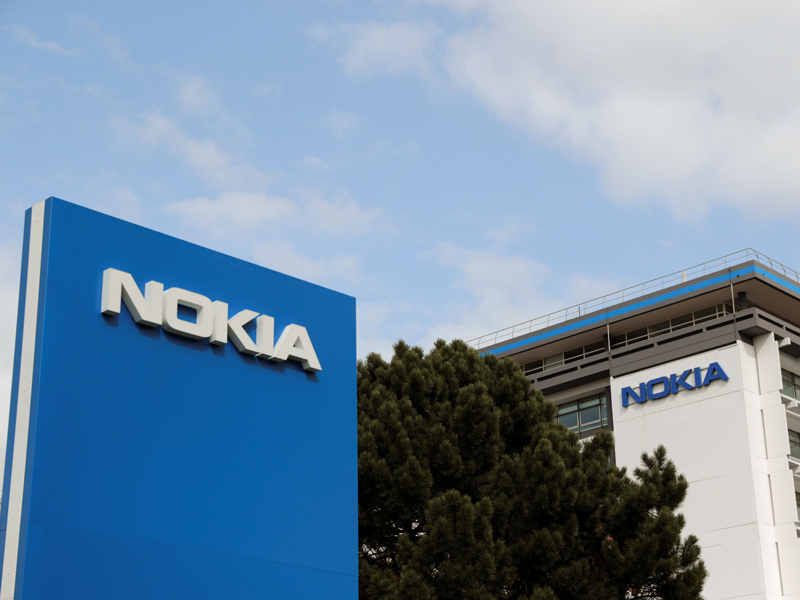Nokia targets Malaysian ports for 5G business, but faces competition
With Malaysia expected to launch 5G services in 2020, Nokia is tapping into the burgeoning market by bringing 5G functionality to the country’s ports. However, other players are also eyeing up the South Asian market

Nokia cited fierce competition with Huawei, the leading Chinese telecoms company, and the expense of rolling out 5G when it reported in late October that its shares had lost almost a quarter of their value
Nokia is making a push into Malaysian ports with hopes of tapping into the South-East Asian country’s 5G market, Reuters reported on November 1. Malaysia is currently one of the leading players in Asia’s 5G race, with plans to launch the technology in 2020.
In recent years, Nokia has focused on deploying 5G technology to make port operations safer and more efficient. Last year, the company partnered with Germany’s Port of Hamburg to test 5G functionality. Use cases included managing traffic lights, processing environmental measurement data in real time and harnessing virtual reality to monitor watergates and constructions areas.
Nokia faces tough competition in Malaysia from Huawei, which has already signed 5G deals with telecommunications firms in the country
Now, the Finnish telecoms giant wants to apply what it has learned to the busy ports of Malaysia. With two of South-East Asia’s major sea lanes on its doorstep – the Strait of Malacca and the South China Sea – Malaysia is one of the most important shipping hubs in the region. The development of intelligent ports could help the country capitalise on its position and increase its competitiveness on the global stage.
But Nokia faces tough competition in Malaysia from Huawei, which has already signed 5G deals with telecommunications firms in the country. Huawei has come under intense scrutiny recently amid allegations that its equipment could be used for espionage by Beijing. This led Washington to blacklist the firm and call for its allies to follow suit.
Nokia cited fierce competition with Huawei and the expense of rolling out 5G when it reported in late October that its shares had lost almost a quarter of their value. The Finnish firm has struggled to increase its market share in China, where Huawei is strongly supported. At the same time, the proposed merger of Sprint and T-Mobile in the US has caused disruption in the 5G market and pushed Nokia to the sidelines. Shunned by the two superpowers, it may be in emerging markets where Nokia stands to win business from its 5G roll-out.













